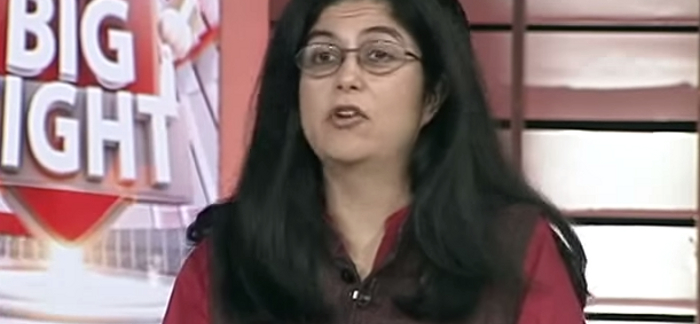A crime committed is always a hard event, both for the person who has been victimized as well as the community. Crimes committed by juveniles and minors are often harder to hear about because children are often seen to be so innocent and naïve to the ways of the world. Trying minors as adults has long been a topic of strong debate, and one that will continue to be so for many years to come. There are excellent points to be made on either side of the topic, and knowing why officials feel the way they do and their reasoning for the law, as well as how the average community feels, may help you make a better choice for yourself in your stance on this topic.
One of the main questions asked is what age constitutes a juvenile or a minor? In most states, under the age of 18 is considered a minor (some states it is 16). There are some states that do, however, consider 16 and older to be adults when a child has emancipated themselves from their family (by this we mean that they have declared themselves through a court to be competent as an adult with the ability to take care of themselves).
Those who are in favor of trying minors as adults often feel this way because a crime is a crime, regardless of the age of the offender. Just because a crime was committed by a juvenile does not mean that someone was not hurt and victimized. Courts and communities feel that trying older minors as adults will deter others from committing the same crime, and also believe that it allows for the minor to realize that they are not being given special treatment or leniency because of their age. It is also the responsibility of the community and the justice system to treat all offenders the same without prejudice or exemption, regardless of the crime that they commit.
It is also strongly believed that older minors have a more developed mind and thought process allowing them to further understand their actions and know that their actions were criminal. Older minors are also thought to have the capability of making stronger choices, and that crimes are more easily recognized to an older minor than a younger one.
Those who oppose trying juveniles as adults also have strong arguments. One of the main reasons they often feel this way is that minors are, after all, still children. In eight out of ten cases, crimes that were committed by a minor are often committed by younger minors. It has been proved that children who are younger than 16 often do not have a fully developed mind or thought process and that they may still have difficulty deciphering right from wrong. It is also not common for a minor to have the same intricate thought process to commit a crime (such as detailed plans) or to be able to comprehend the consequence for the actions they commit.
While many minors are tried as adults, from both sides, many will agree that because they are a child regardless of how they are charged, there is still a chance for change.




